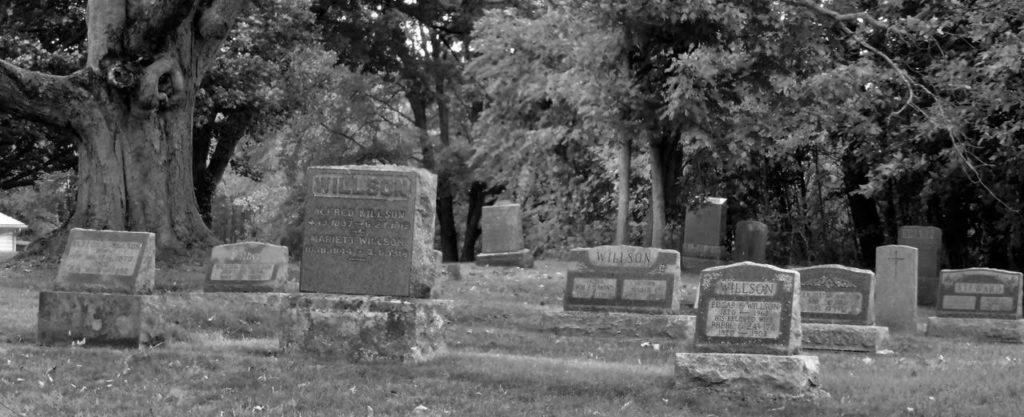The Religious Society of Friends (Quakers) came into being in the mid 17th century as a Christian religion in England, in protest against the organized religions of the day. The Quakers rejected both a professional priesthood and that a sacred book would be the supreme authority for belief and conduct.
Quakers have a long history in the Niagara Peninsula, as we began meeting in the Short Hills/Pelham area in the centre of the peninsula in the early 1790s. In 1799, Pelham Monthly Meeting* was established by Philadelphia Yearly Meeting, and composed of two preparative Meetings: one at Short Hills (Pelham Township), and the other, at Black Creek (Bertie Township). We are the oldest continuous Meeting in Canadian Yearly Meeting. An historic Quaker cemetery at the intersection of Effingham and Welland Roads marks the site of a Meeting House built in the 1790s, and replaced by newer structures in 1807 and in 1875. The cemetery has been closed to burials since 2009.

Those who would like more information about us may wish to check out A History of Pelham Executive Meeting, a two-page article that was published in The Canadian Friend.
Looking over our history as a recognized Meeting in Canada from 1799, we see the ups and downs the Meeting has had. Separations followed by union of these separations; Meetings in public places, then Meetings in homes, all make us see that there is a solid basis to our beliefs. This gives us a feeling of stability, allowing us to go through the natural ebb and flow of the years.
Spirituality can be grounded in inward experience and linked with social action. A constant theme in our beliefs and history is that daily conduct, social justice activities, and religious practice are all expressions of spiritual experience: our faith and practice.
We value a lifestyle based on simplicity and right use of economic resources. Many of us are actively involved in projects designed to promote peace and equality, justice for refugees and Indigenous Peoples, prison reform, restorative justice, environmental and ecological concerns.
Our Quaker Peace Testimony views war as an institution that is fundamentally inconsistent with the belief that there is that of God in every person.
Note: After the Black Creek meeting ceased, Pelham became an Executive Meeting in 1911, that is to say, the functions of the Preparative and Monthly Meeting were merged into one ‘Executive’ (which simply means ‘at the call of the clerk’) Meeting. We also sometimes identify ourselves as Niagara Quakers.